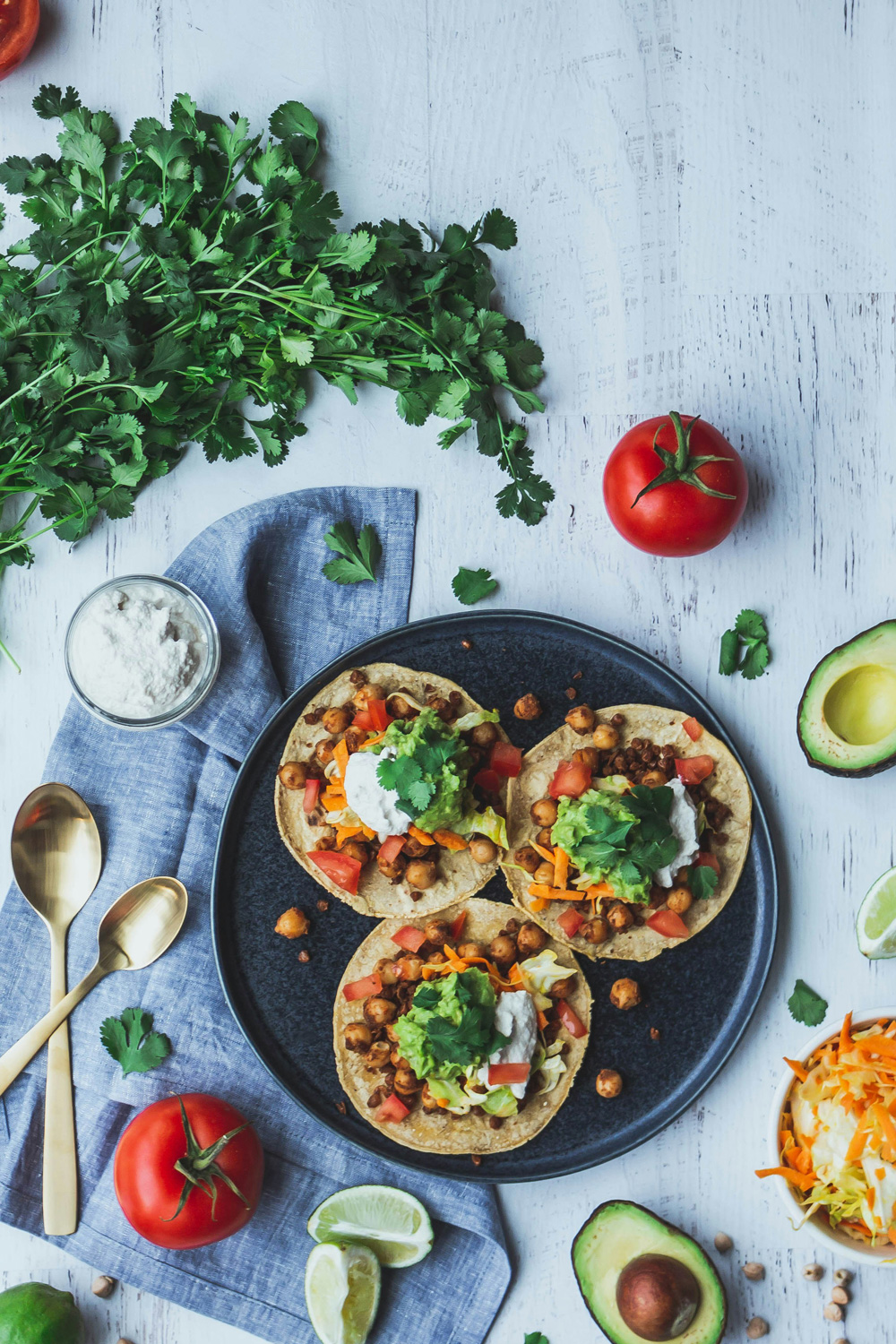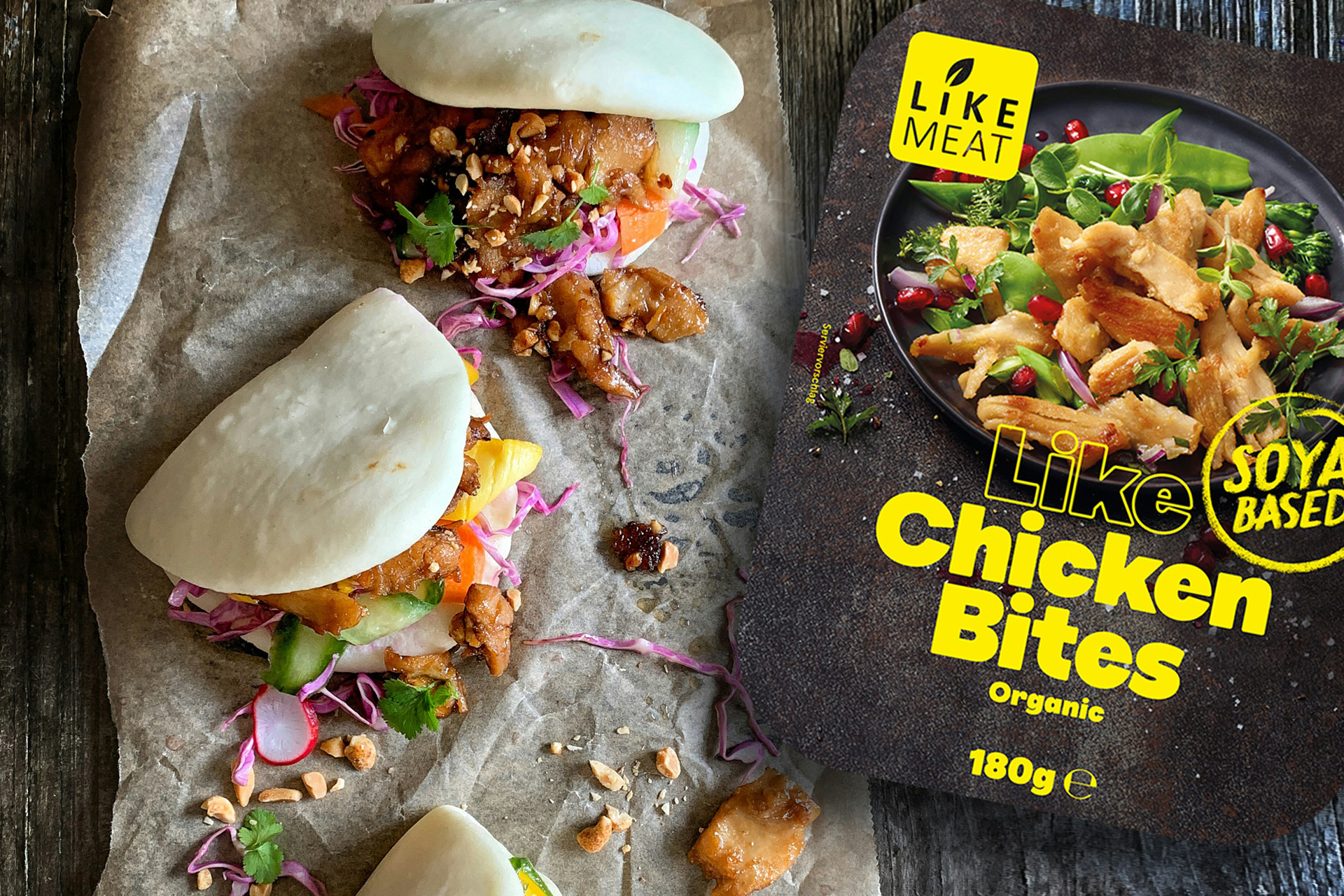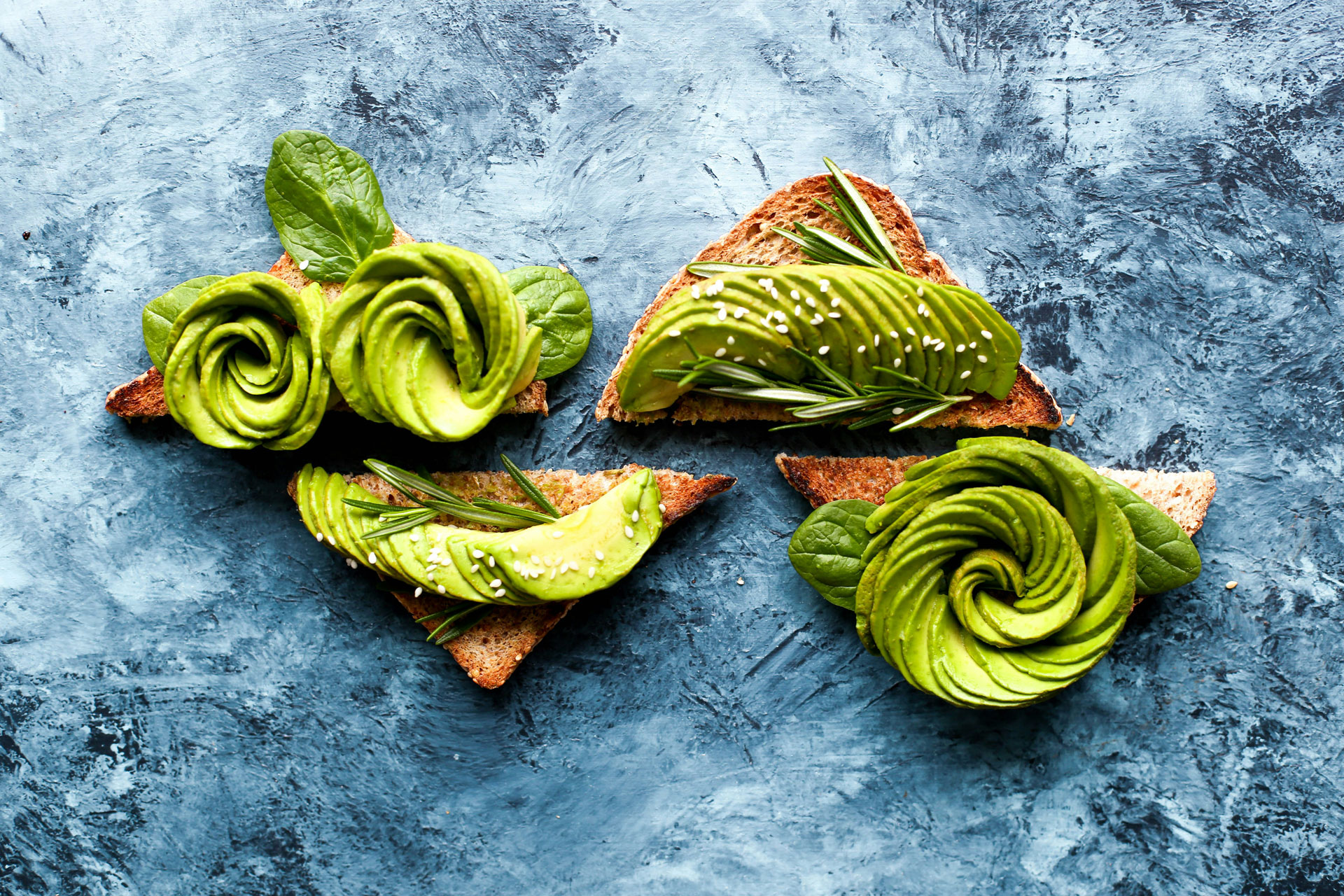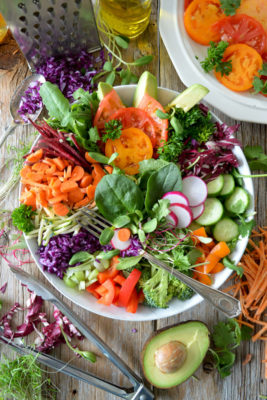
Trying Veganuary? Here’s How To Avoid The UPF Trap
By
3 months ago
Expert tips for eating well on a vegan diet
Are you one of the millions of people taking part in Veganuary this year? Hats off to you: a meat-free month can offer significant benefits for both individual and planetary health. However, it’s still important to look at food labelling, as many processed plant-based foods fall short nutritionally. Here nutrition expert Kyle Crowley shares some tips on taking part in Veganuary in a healthy and well-informed way.
Veganuary: A Nutritionist’s Guide To Avoiding UPFs
Is All Vegan Food Healthy?
There are a whole host of benefits associated with eating a vegan diet. First and foremost, you’re likely to be upping your intake of plants, including wholegrains, vegetables and legumes, which can boost heart health and support your gut microbiome. But not all vegan food is good for you. ‘It’s a common misconception that anything labelled “vegan” is inherently nutritious,’ says Kyle. ‘However, many processed vegan foods can be high in sugar, salt, and unhealthy fats.’
Plant-based meat alternatives, for example, are often heavily processed, as it requires a lot of work to recreate the texture and flavour of meat. ‘Manufacturers often use the “vegan” label as a health halo, but that doesn’t mean the product is nutrient-dense,’ Kyle adds. ‘Vegan snacks can be just as high in sugar, salt, and unhealthy fats as their non-vegan counterparts.’

Unsplash
What To Look Out For On Labels
Kyle recommends looking at food labels for:
‘Ingredients
- Hidden sugars: Look for terms like glucose syrup, maltose, or fruit concentrate, which signal added sugars.
- Refined oils: Ingredients such as palm oil and hydrogenated fats are best minimised.
- Additives and preservatives: E-numbers (such as E600), stabilisers, and artificial flavourings can indicate heavy processing.
Nutritional Information
- Protein content: Many vegan products lack adequate protein, so check for sources like lentils, chickpeas, or fortified plant-based proteins. Try a vegan protein shake to ensure you consume adequate amounts.
- Fibre: Aim for products with at least 3-5g of fibre per serving.
- Saturated fat and sodium: Keep these within daily recommended limits.
Health claims
Be wary of vague claims like “all-natural” or “plant-based,” which don’t guarantee a product is nutritious.’
Healthy Vegan Swaps
- Meat substitutes: ‘Many plant-based burgers, sausages, and nuggets are ultra-processed, containing excessive sodium, artificial binders, and preservatives,’ says Kyle. Instead, he recommends choosing whole foods such as homemade lentil patties or tofu marinated with spices – you’ll still get a protein hit without all the other additives.
- Vegan cheese: Plant-based cheeses often contain refined oils, starches and flavour enhancers, with little nutritional value, explains Kyle. He suggests swapping these for homemade cashew-based cheese spreads or nutritional yeast sauces.
- Vegan snack bars: Energy snacks and protein bars are one of the biggest culprits for misleading advertising, claiming to be packed with good stuff – but in reality they’re usually loaded with added sugars and synthetic vitamins. Kyle recommends making granola bars at home instead, or oat mixes with nuts, seeds and dried fruit.

In general, Kyle recommends prioritising whole foods over processed products:
- Legumes – lentils, chickpeas and black beans provide protein and fibre
- Healthy fats – avocado, nuts, seeds and olive oil
- Whole grains – quinoa, brown rice and oats offer essential carbohydrates and fibre
- Fruits and vegetables – provide vital vitamins and minerals
- Fortified plant milks, nutritional yeast and algae-based supplements – ensure you’re getting key nutrients like calcium, B12 and omega-3s
Kyle is a nutrition expert at Protein Works






